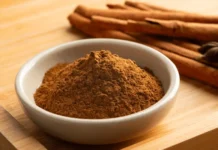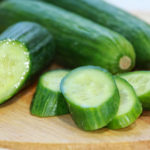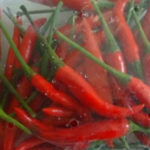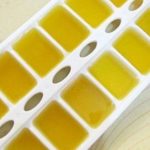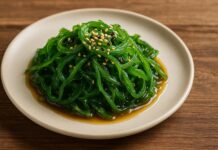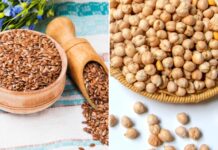1 Fish Sauce
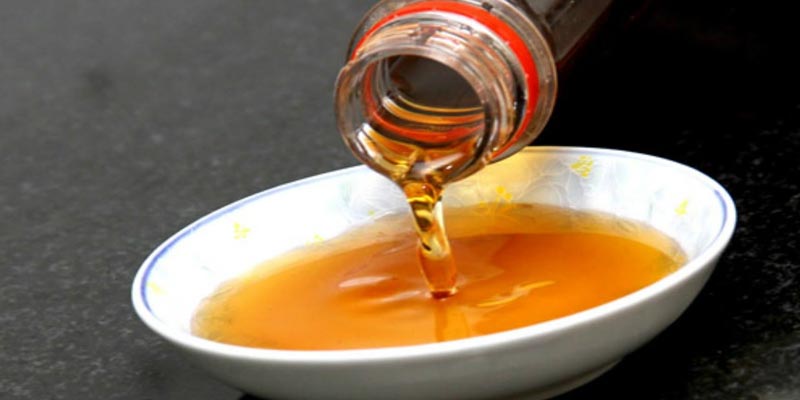
Multiple studies have shown that fish sauce should not be refrigerated as it can cause odor, spoilage, and potentially lead to cancer if consumed. It is best to store it at room temperature, where it can last up to three years without deterioration.
2 Coffee
Storing coffee in the freezer can lead to condensation, which will affect the flavor of both ground and whole bean coffee. For the best coffee experience, store your coffee in an airtight container in a cool, dry place.
3 Bread
Refrigerating bread can cause it to dry out and become hard, affecting its taste and texture. Additionally, consuming bread that has been stored in the fridge for extended periods may increase the risk of cancer. If you must store sandwich bread, wrap it tightly and place it in the freezer, but be sure to use it within a specified time frame.
4 Onions, Scallions, and Shallots
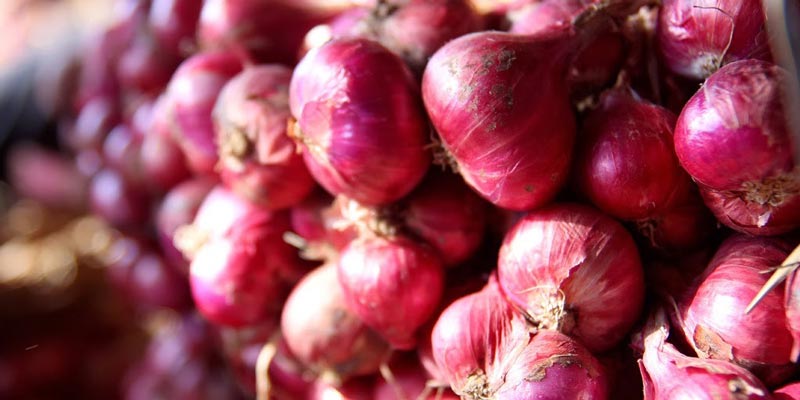
Just like tomatoes, scallions, and shallots, dry onions can become spongy or moldy if kept in the refrigerator for too long. Even if you carefully wrap cut onions, they will dry out and lose their flavor when refrigerated.
5 Potatoes
Storing potatoes at temperatures below 7°C (44.6°F) can cause the starch in the potatoes to convert into sugar. Consuming potatoes that have been stored at these low temperatures may be harmful to your health.
6 Fish
It is not advisable to keep fish in the refrigerator for extended periods. The ideal temperature for freezing fish is -30°C (-22°F), while your freezer typically maintains a temperature of -15°C (5°F). Prolonged storage at this temperature can cause the fish’s cellular water to disappear, making the flesh mushy and smelly, and depleting its nutritional value.
7 Watermelon
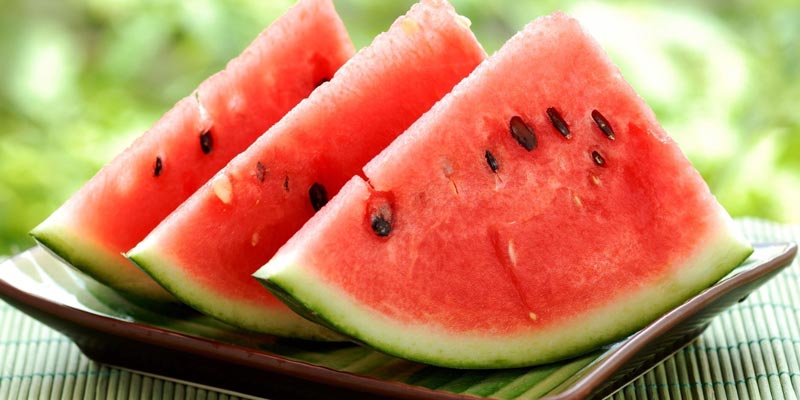
Watermelon is rich in natural antioxidants, but refrigeration can cause a loss of these beneficial compounds. In some cases, it may even convert them into toxins. Therefore, it is not recommended to store watermelon in the fridge at 5°C (41°F). Additionally, prolonged refrigeration can cause the watermelon to become waterlogged. For optimal storage, wrap the watermelon in plastic and store it in the fridge at 12°C (53.6°F); it can be kept for 15 to 21 days.
8 Honey
Honey has a high concentration of fructose and glucose, and refrigeration can cause these sugars to crystallize and turn the honey into a powdery substance that is difficult to use and prone to spoilage.
9 Bananas
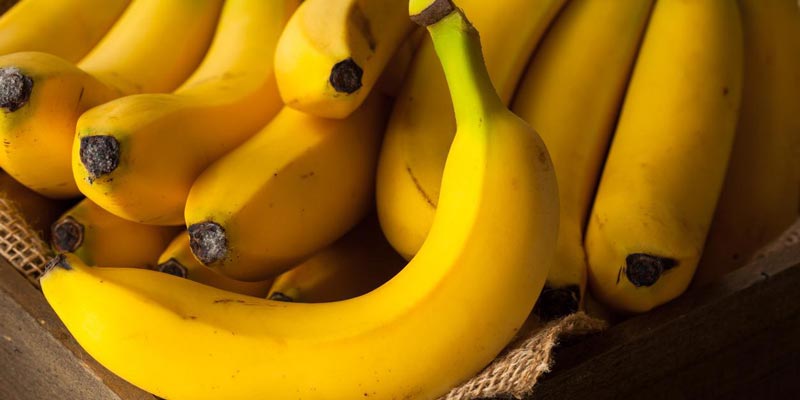
The colder the temperature, the faster bananas will ripen, but this process can lead to soft, mushy fruit with a slightly spicy taste. Additionally, the banana peel will turn black or brown. Therefore, it is not advisable to store bananas in the refrigerator.
10 Herbs
Herbs are highly susceptible to absorbing odors from other foods in the refrigerator, causing them to lose their distinctive flavors. Basil, for example, does not react well to cold temperatures and will wilt and turn black when refrigerated.
11 Garlic
In a humid or cold environment, garlic may start to sprout or develop mold, which can be harmful to your health. The best way to store garlic is in a dry, well-ventilated area at room temperature.
For more information:
We hope that by sharing this information about the potential cancer-causing effects of certain foods when stored in the refrigerator, people will stop refrigerating these items as soon as possible to protect their health and that of their loved ones.
4 Strategies for Storing Chili for One Month
Do you want to enjoy the fresh, spicy flavor of chili peppers all month long? Look no further! This article provides tips and tricks for storing chili peppers so that they stay fresh and flavorful for up to a month. Learn how to best preserve your peppers and savor their zesty taste for weeks to come.
How to Make Smart Choices When Selecting a Drinking Glass for Better Health
From morning cups of coffee to an afternoon soda, cups are a staple in many people’s lives. But, with the variety of cup materials available—including glass, porcelain, plastic, and paper—it’s important to understand the potential health risks associated with not choosing the correct cup for the job.


